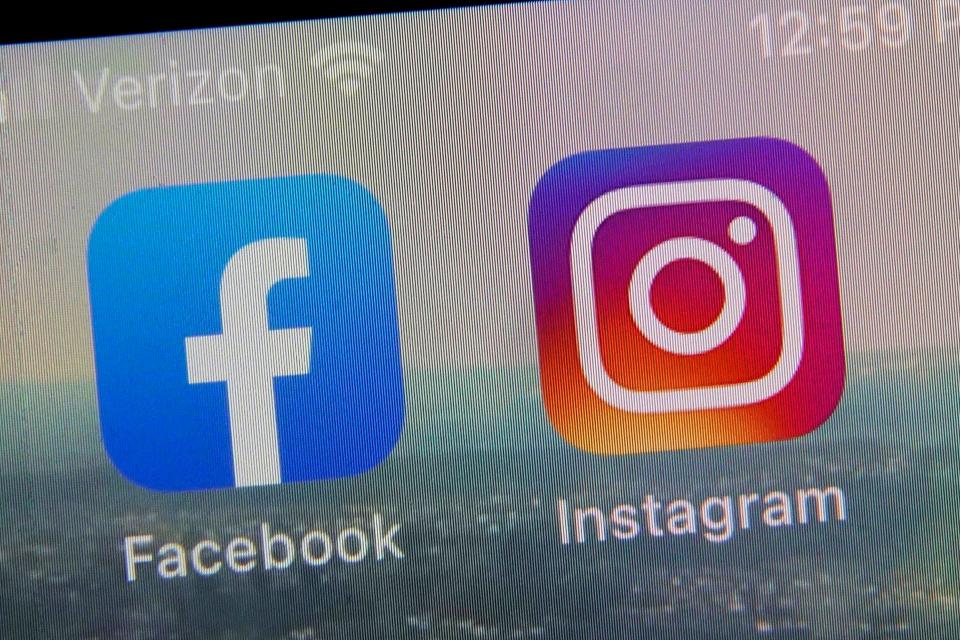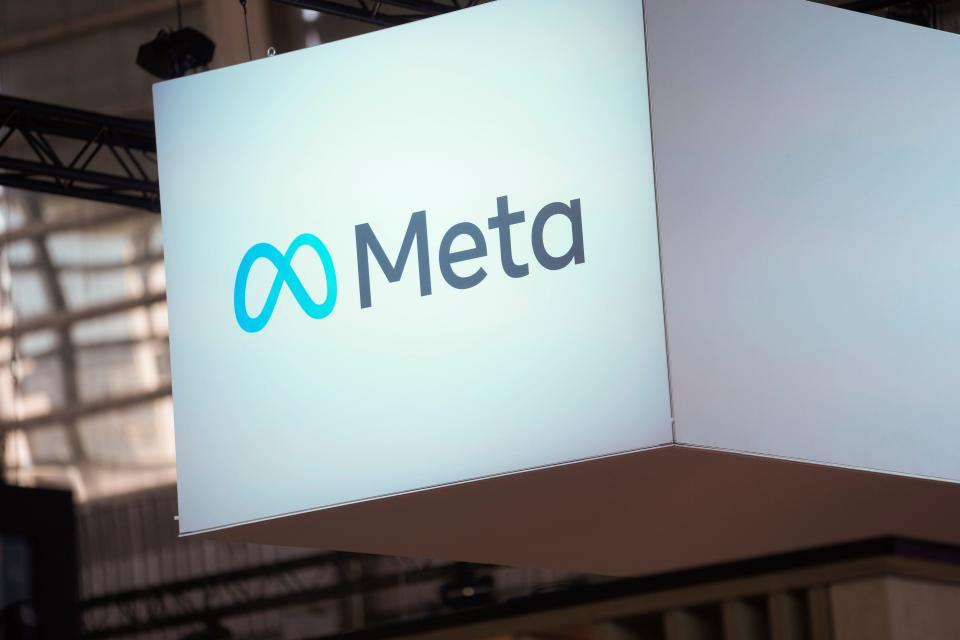States take aim at social media giant Meta for recipe that hooks, harms kids

If you’re concerned about how social media platforms are affecting the mental health of our nation’s youth, take heart — you’re not alone.
So are the vast majority of the nation’s top legal officials.
Last month, 33 states filed a joint federal lawsuit in Northern California accusing the tech giant Meta — which owns Facebook, Instagram and WhatsApp — of building addictive features into its popular social media platforms, and that these features are contributing to a nationwide youth mental health crisis.
The suit states that Meta habitually collects data on children 13 and younger without their parents’ consent and has knowingly built their algorithms to keep kids engaged far longer than is healthy for them.
More Healthy Matters: How three 30-something siblings came to South Florida to recover from addiction
The Children’s Online Privacy Protection Act (COPPA) prohibits social media companies from collecting personal data on users under 13 without parental consent.
A portion of the 233-page complaint reads “Meta has harnessed powerful and unprecedented technologies to entice, engage, and ultimately ensnare youth and teens. Its motive is profit, and in seeking to maximize its financial gains, Meta has repeatedly misled the public about the substantial dangers of its social media platforms. It has concealed the ways in which these platforms exploit and manipulate its most vulnerable consumers: teenagers and children.”
A broad bipartisan coalition
PBS reported that “the broad-ranging federal suit is the result of an investigation led by a bipartisan coalition of attorneys general from California, New York, Florida, Kentucky, Massachusetts, Nebraska, New Jersey, Tennessee, and Vermont.”
This coalition was formed in the wake of The Wall Street Journal’s damning 2021 report that said, based on Meta’s own research, the company knew how harmful its Instagram algorithms could be to teenagers — especially teen girls — as they related to their appearances and overall mental health.

The Wall Street Journal article noted that more than 13% of teen girls said that spending time on Instagram exacerbated suicidal thoughts and that 17% of teen girls said that their eating disorders were made worse by the content they consumed on Instagram.
After The Wall Street Journal released its findings, the media and political floodgates opened when former Meta employee and whistleblower Frances Haugen leaked damning internal documents. Haugen would eventually testify before the U.S. Congress and British Parliament about how Meta operated.
Among those weighing in on Meta’s culpability was New York Attorney General Letitia James: “Kids and teenagers are suffering from record levels of poor mental health, and social media companies like Meta are to blame. Meta has profited from children’s pain by intentionally designing its platforms with manipulative features that make children addicted to their platforms while lowering their self-esteem.”
The multi-state action taken in California — combined with eight other states (including Florida) and the District of Columbia filing a separate lawsuit — means that Meta now faces the bipartisan legal ire of more than 80% of the nation’s attorneys general.

How states say Meta is snaring kids
On the day the California lawsuit was filed, Colorado Attorney General Phil Weiser appeared on "PBS NewsHour" to explain some of the ways that young users can be harmed by their time spent on Meta’s platforms.

For example, he said that “the infinite scroll feature is done with an awareness that they drive addictive behavior, that there are no guardrails, that young people aren't self-regulating, and that they're adopting these technologies to their detriment.”
However, criticizes Weiser, “Meta’s public statements are that these platforms are safe, that young people have nothing to worry about.”
Weiser cited studies that show youngsters are losing sleep, developing eating disorders, practicing self-harm and contemplating suicide at rates never before seen.
“We need to better protect young people,” he said.
Meta says it has implemented ‘safeguards’
In responding to the lawsuits Meta said it shares “the attorneys general’s commitment to providing teens with safe, positive experiences online, and we have already introduced over 30 tools to support teens and their families. We’re disappointed that instead of working productively with companies across the industry to create clear, age-appropriate standards for the many apps teens use the attorneys general have chosen this path.”
For parents who want to better monitor their children’s Instagram feed, here are some of the updated tools they can utilize:
An app to see their child’s time spent on Instagram.
A daily time limit feature for the app.
Notifications of things that their child reported to the app.
The ability to see who is following their child on the app.
In addition, Meta has introduced full-screen reminders for kids to take a break from screen time when they’ve been scrolling for too long or they’re nearing their bedtime.
While Weiser admitted that “these tools can be valuable,” he and his fellow attorneys general want more done — especially as it relates to “a threshold concern [about] the federal Child Online Privacy Protection Act. Meta, under federal law, cannot and should not be marketing to young people, collecting data without parents' awareness or consent. And they're doing just that.”
He believes the company has “identified young people, 11-, 12-year-olds, as an untapped and valuable audience and engaged in behavior [that’s] in violation of federal law.”
And Meta’s platforms are not the only ones potentially in the nation’s legal crosshairs.
On the day the 33-state Meta lawsuit was filed, Tennessee Attorney General Jonathan Skrmetti said the action was just one part of “an industry-wide investigation. This is not just about Meta.”
Indeed, last year a bipartisan group of attorneys general announced that it was also investigating TikTok over similar concerns.
Summing up his colleagues’ united front on the issue, Washington, D.C. Attorney General Brian Schwalb explained, “I think when you find an issue like this, it’s a good opportunity for AGs to link arms across party lines to try to make America a safer place.”
This article originally appeared on Palm Beach Post: Suits target social media giant Meta for recipe that hooks, harms kids

